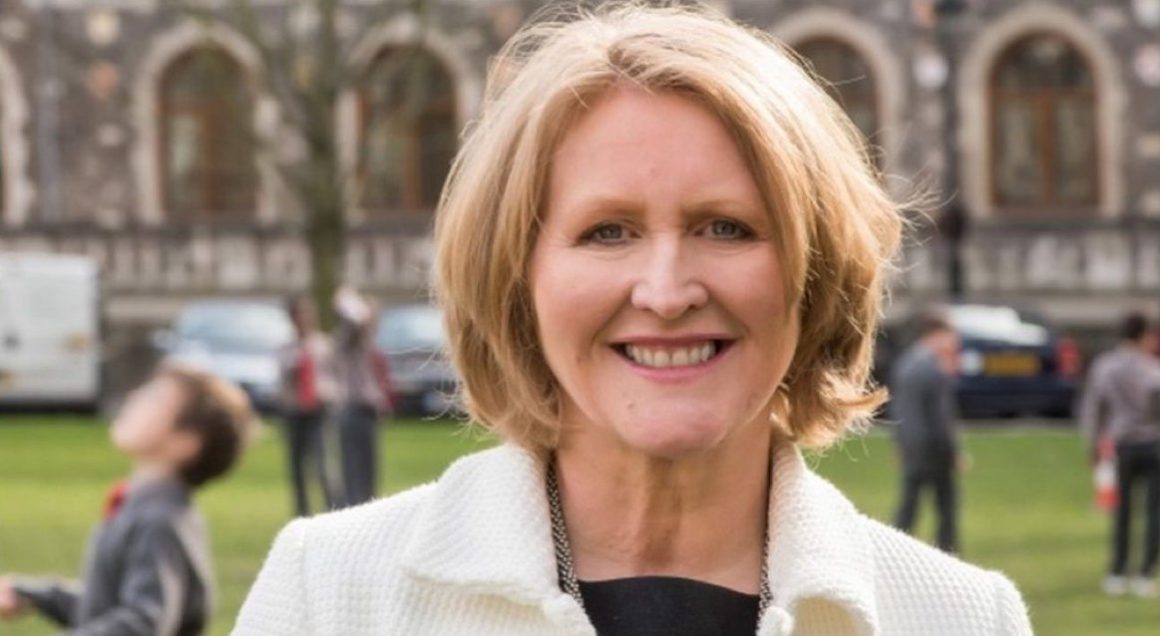With the boom of social media and the online world many people are becoming more and more concerned about the effect online advertising is having on our children, over 50% of 12 year olds now have a social media profile.
But who is truly responsible for what kind of advertising children are viewing online?
Is is down to social media celebrities/influencers to be more ethical when it comes to products they promote, especially if their following is largely made up of children? Is it down to companies to make sure their adverts aren’t attractive to children? Is it down to social media platforms to regulate what children are seeing more strictly? Or is it down to parents to educate their children on advertising and be more aware of what they’re viewing online?
Within in the last week The Committee of Advertising Practise has announced that new rules will be coming into force this April regarding advertising for gambling companies. The rules are designed to stop irresponsible and underage gambling from children. The Gambling Commission has said that 2 in 5 young people aged 11-16 are gambling in some form.
In order to tackle this issue The Committee of Advertising Practise are introducing a blanket requirement for gambling operators to use “all the tools available to them on a social network platform to prevent targeting their ads at under-18s”. This means that celebrities and influencers who are/look under 25 will be prohibited from appearing in gambling ads or promoting gambling sites. This includes many footballers and other sportspeople who will no longer be able to work with gambling operators due to their age.
Further, gambling ads will no longer be allowed to appear on websites popular with or targeted at children; and gambling companies must not use cartoon characters or fairytale themes to attract children to betting.
However, for many people, including the Children’s Commissioner for England, Anne Longfield, the companies running social media platforms also need to be held accountable. For her, at the end of the day all the content being posted is ultimately the responsibility of the hosting platform.
The Commissioner has argued that these companies need to be tackling irresponsible advertising by influencers who use their platform. Ms Longfield claims that at the moment there has been “very little concrete action” taken by social media platforms to tackle the problems related to influencer selling. She is calling on the government to introduce legally enforceable measures, such as fines and shutdowns, to force social media platforms to take more responsibility.

But what about the people who are the ones speaking directly to our children – social media celebrities and influencers.
The rise in popularity of social media influencers has been attributed to the idea that they are just like you and me, they’re normal people who show you an authentic look at their lives.
But many children, and adults, absolutely idolise these social media stars; and if you look deeper, often, you’ll see things aren’t quite as authentic as they seem.
Social media influencers can make thousands of pounds for promoting a product their posts, Love Island’s Zara McDermott shared with BBC’s Panorama that she has been offered £3000 for one Instagram story. She went on to explain that she turns down “60% of the stuff that comes [her] way” including anything gambling or alcohol-related. However not every influencer is this concerned about the impact they can have on a young audience.

The same BBC Panorama investigation, that spoke with Ms McDermott, also spoke to a 13 year old boy, Matty Hibbert, who lost money on an online gambling-type game he had seen being promoted by a Youtuber. The Youtuber in question is British 17 year old ‘Morgz’ who has over 8 million subscribers.
Matty was upset after being taken in by a video ‘Morgz’ made promoting Mystery Brand which on the surface looks like a game but actually involves spending money to win prizes. Matty lost money trying to win high end electronics on the site, he said “Morgz knows that his fan base is mostly children around my age”.
‘Morgz’ has since claimed he was naive to what the game actually was and has apologised for and removed the post. Under the new rules the gambling operater wouldn’t even have been able to use ‘Morgz’ to promote their brand, but surely if you’re going to promote something you should understand what it is and think about whether it’s appropriate for your target audience?
Another serious area of concern is the promotion of diet products by social media influencers and celebrities. If you use social media at all you’ve probably noticed an influx of influencers endorsing various weight loss products ranging from ‘slim soups’ and ‘appetite suppressing lollipops’, to ‘tummy teas’. There are thousands of popular social media users claiming to have reaped the benefits of what are in fact largely laxative-inducing food and drink items.
The problem is that many of these personalities are followed by thousands, even millions, of easily influenced young people. Professor Stephen Powis, NHS medical director, has urged influential celebrities to act “responsibly” due to the negative impacts advertising for these kinds of products can have on young people’s’ mental and physical health.
Not only is there concern about the types of product influencers are advertising but also the way they’re advertising. It has long been the law that TV advertising has to clearly show the watcher that it is, in fact, an advert. This hasn’t entirely trickled over into the online world and recently several high profile celebrities and influencers such as Rita Ora and Zoe Sugg (Zoella) have gotten in hot water for not making it clear that some of their posts are actually ads. By not disclosing paid-for content influencers are making it harder for consumers to understand when they are being sold to and when something is authentic.

Recent changes have been made which state that any kind of post which features paid-for or gifted content now has to be disclosed and made apparent at the start of the post, or the user could face fines or legal proceedings. This is a start in regulating influencers and the way they advertise. But surely it is worrying that we need advertising legislation to regulate people who claim to be authentic and real.
Finally, do we need to call on parents to better understand what their children are doing online, and further, make sure that their kids are aware of how to spot advertising and deal with it?
The minimum age to set up an Instagram profile is 13, but about 8 in 10 parents whose children use Instagram were not aware of these restrictions. This suggests that even at the most fundamental level of social media use – setting up an account – many parents are not informed, and that misunderstanding can only be worse as children delve deeper into social media.
Further, more than 4 in 10 said they would allow their child to use social media ahead of them reaching the minimum age required. How is it fair to blame influencers, companies and platforms that children under the required age are viewing inappropriate advertising content when those children shouldn’t even be allowed to have an account in the first place.
(Of course, there is the argument that it’s relatively easy for children to set up accounts without their parents’ knowledge and with little verification of age from the platforms.)
We can no longer bury our heads in the sand, social media is here to stay and is a part of growing up now. The more we complain about how much things have changed the more we ignore the real issue – making sure social media is an ethical regulated space we are happy for our children to be a part of.
It seems that rather than placing the responsibility with one group, in order to look after our children online all parties must agree to do better.
Companies need to think about the kind of adverts they’re putting out and where. Social media platforms need to be better at monitoring content and who’s viewing it. Influencers need to be honest and open about promoting products in return for a fee, as well as thinking ethically about what they’re promoting. And parents need to be better at dealing with social media, monitoring what they’re children are viewing, setting limits and making sure that children are equipped to spot when they’re being advertised to.
Where do you think responsibility lies?
Contributing writer Nikki McFarlane has also discussed some of the dark sides of social media, click below to read her article:
http://www.styleofthecitymag.co.uk/instagram-vs-reality/
Sources
https://www.theguardian.com/media/2019/feb/13/gambling-adverts-banned-child-friendly-websites-games
https://www.bbc.co.uk/bbcthree/article/c8b3c39d-84df-4424-b42f-c04f26c8560f
https://www.thetimes.co.uk/article/crackdown-on-gambling-adverts-aimed-at-children-zwsk0j8l3
https://www.bbc.co.uk/news/technology-42153694











